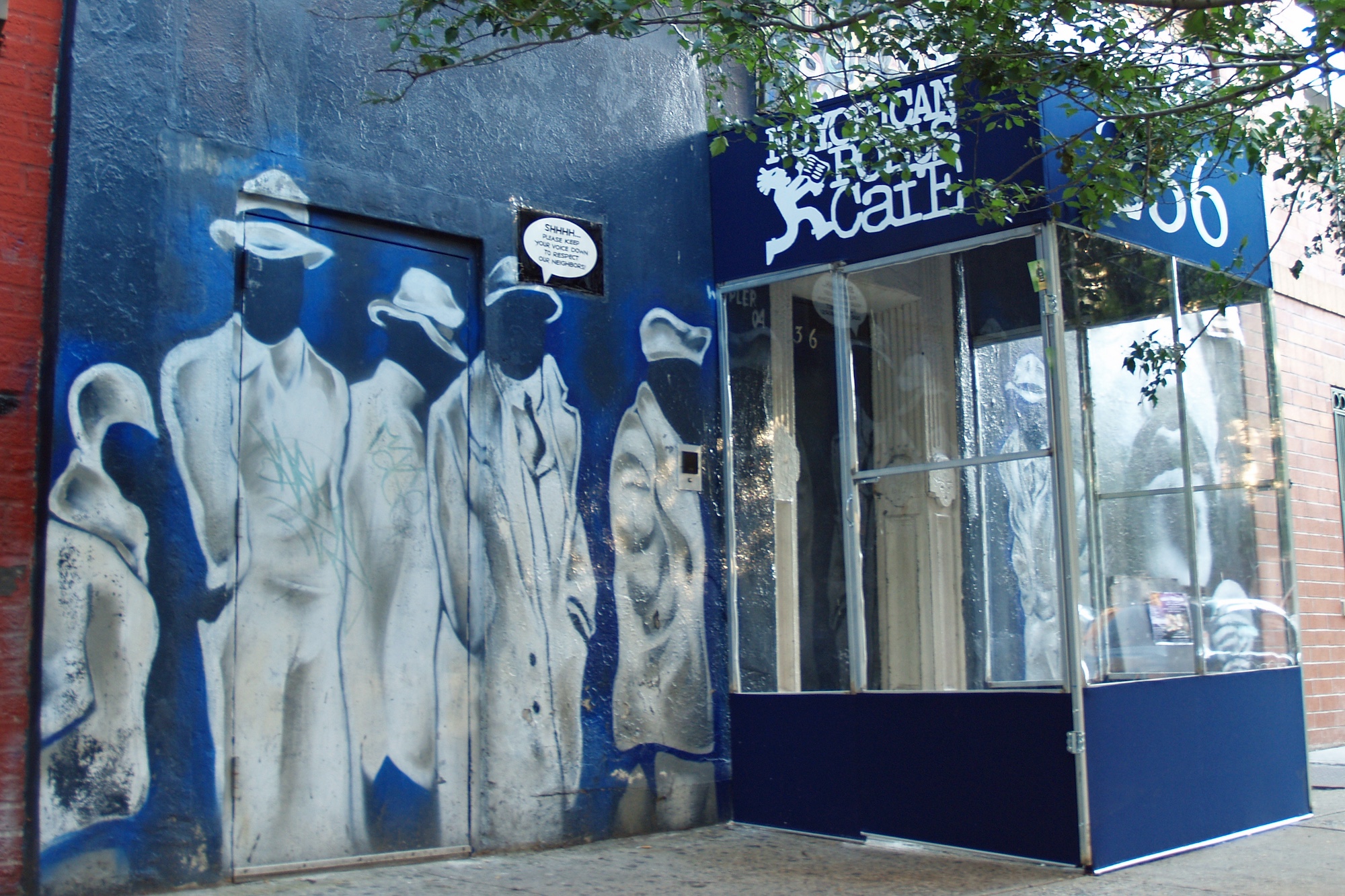Course Format: Hybrid Synchronous
Instructor: Professor Jasmine Mitchell
Office: 1204B Boylan Hall
Email: [email protected]
Official Course Bulletin Description:
“Survey and theoretical foundations in Puerto Rican and Latinx Studies. Case study on Puerto Rico. Pertinent themes in Puerto Rican and Latinx history, culture, literature, contemporary society, and politics. Impact of the United States’ economic policies on Puerto Rico and the causes of Puerto Rican and Latinx migration to New York City and urban centers. Satisfies Pathways Flexible Core US Experience in Its Diversity requirement.”
Student Learning Outcomes
Learning Objective #1: Students will understand the Puerto Rican and Latinx migration processes and emerging realities of diasporic communities in the U.S.
Learning Objective #2: Students will demonstrate knowledge of race, ethnicity, class, gender, national origin, religion, language, and/or sexuality with regard to the experiences of populations of Latinx, Caribbean, and/or Latin American descent.
Grading
- Participation 25%
- Short video, audio clip, or written reflection (3) 30%
- 1st Written, Visual, or Audio Assignment 20%
- 2nd Written, Visual, or Audio Assignment 20%
- Final Reflections 5%
Participation
(25%)- You are expected to attend class every day, arrive on time and participate in an informed and consistent matter. Since you cannot participate if you are not present, participation is comprised of punctual attendance and active engagement in class discussions. To be actively engaged you should be able to make thoughtful comments throughout each class session that reflect that you have done the assigned reading or viewing, that you are grappling with the implications of the reading or text and that you can respond effectively in classroom debates about different interpretations. You can also ask questions if you are not sure about how to interpret the reading. The quality rather than quantity of participation is important to keep in mind. Participation also requires listening and engaging with your peers. Cell phone use, texting, video games, etc. during class time will be noted, and will negatively influence your participation grade. Class participation will be graded on discussion in class in small groups, open forums, online discussions, and in-class writing assignments. A self- evaluation is also required as part of your participation at the end of the course.
*No student may record any classroom activity without the consent of the professor.
Notes on Class Participation
This course is an interactive class and therefore requires participation from each student. Each student is expected to come to class prepared to discuss the assigned materials. In order to participate in class, you must be both present and prepared. Understanding that many students have different ways of learning and participating, I will provide you with various ways to participate (i.e. small group discussion, open forum, class presentations, in-class writing assignments, etc.). I strongly encourage all students to share their perspectives in class even if such perspectives might not be popular with the majority of the class. Our classroom is a safe environment where ideas will be exchanged and debated. However, many of the issues we cover in class might be controversial or emotional for some members of the class. It is therefore, essential to show respect for the classroom community. This showing of respect of your classmates is a requirement for the class. Class discussion should be conducted in a mature, civil, and professional manner. I will not tolerate any personal attacks, name-calling, or demeaning remarks. If members of the class want to make comments that they do not want repeated outside of the classroom, they can express these wishes for the class to agree not to repeat these remarks.
Reflection Guidelines
Reflections should be 400-500 words or a three-five minute audio/visual narration. The reflections are not summaries of the readings and course texts. Your reflection should identify the argument in at least one of the course texts and readings; reflect on the readings to consider how you understand or have experienced systems and relations of power (such as race, gender, sexuality, class, ethnicity, national identity); pose and explore clarifying questions; and connect and contrast at least one other course text, film, or readings (from any week) to each other. You must include reference to evidence from the texts that directly relates to your reflection. The rubric will be posted on Blackboard. These responses are due by 6pm on Blackboard on their due date. Please do not leave the reflections until the end of the semester. The ideas and concepts from the reflections should build upon one another.
OER Statement
Unless otherwise noted, content on this site is licensed under a Creative Commons Attribution-NonCommercial-ShareAlike 4.0 International License.
This course website contains copyrighted materials available only for your personal, noncommercial educational and scholarly use. This site is used in accordance with the fair use provision, Section 107 of the U.S. Copyright Act where allowance is made for “fair use” for purposes such as criticism, comment, news reporting, teaching, scholarship, education and research. Every effort has been made to provide attribution of copyrighted content. If you wish to use any copyrighted material from this site for purposes of your own that go beyond ‘fair use’, you must obtain expressed permission from the copyright owner. If you are the owner of any copyrighted material that appears on this site and believe the use of any such material does not constitute “fair use”, please contact Professor Jasmine Mitchell to have the content removed, if proven necessary.

This open educational resource was created as part of the CUNY and SUNY 2017-2024 Open Educational Resources Initiatives. Governor Andrew Cuomo and the NY State Legislature awarded CUNY and SUNY $16 million to implement open educational resources to develop, enhance and institutionalize new and ongoing open educational resources across both universities.
Special thanks to the CUNY Office of Academic Affairs, the CUNY Office of Library Services, Brooklyn College Administration and Professor Frans Albarillo, Coordinator, Brooklyn College Open Educational Resources Initiative. Site design and formatting by Colin McDonald, OER Developer.
Cover image credit: By David Shankbone – Own work, CC BY-SA 3.0, Wikimedia


